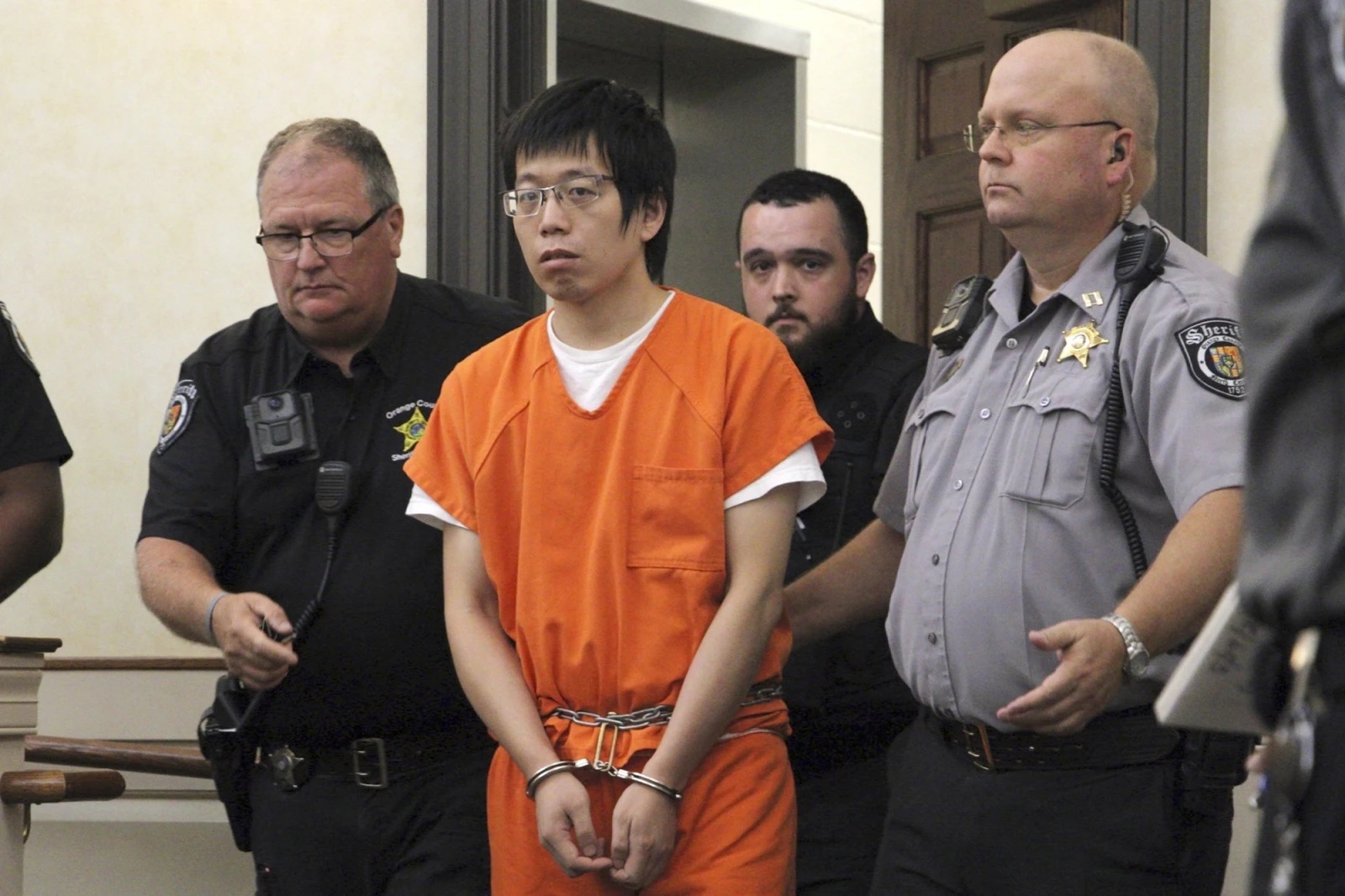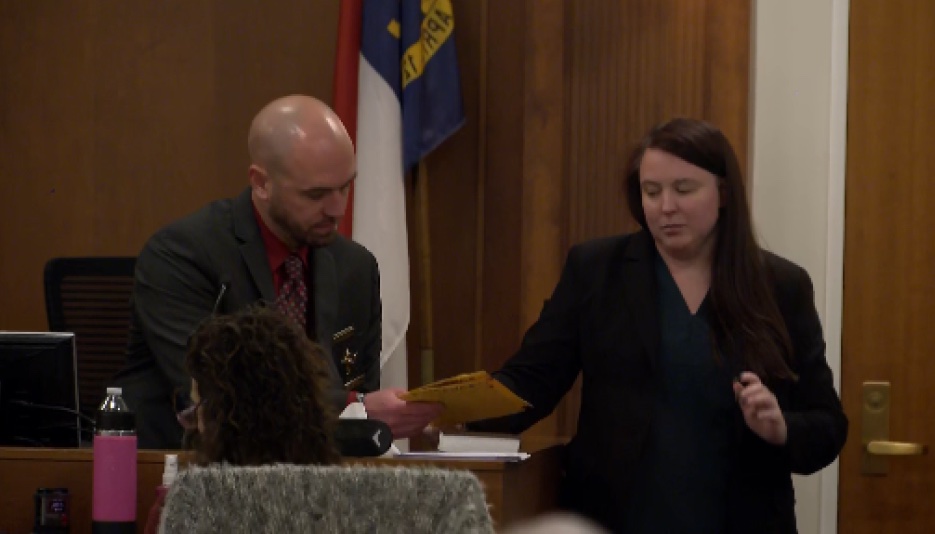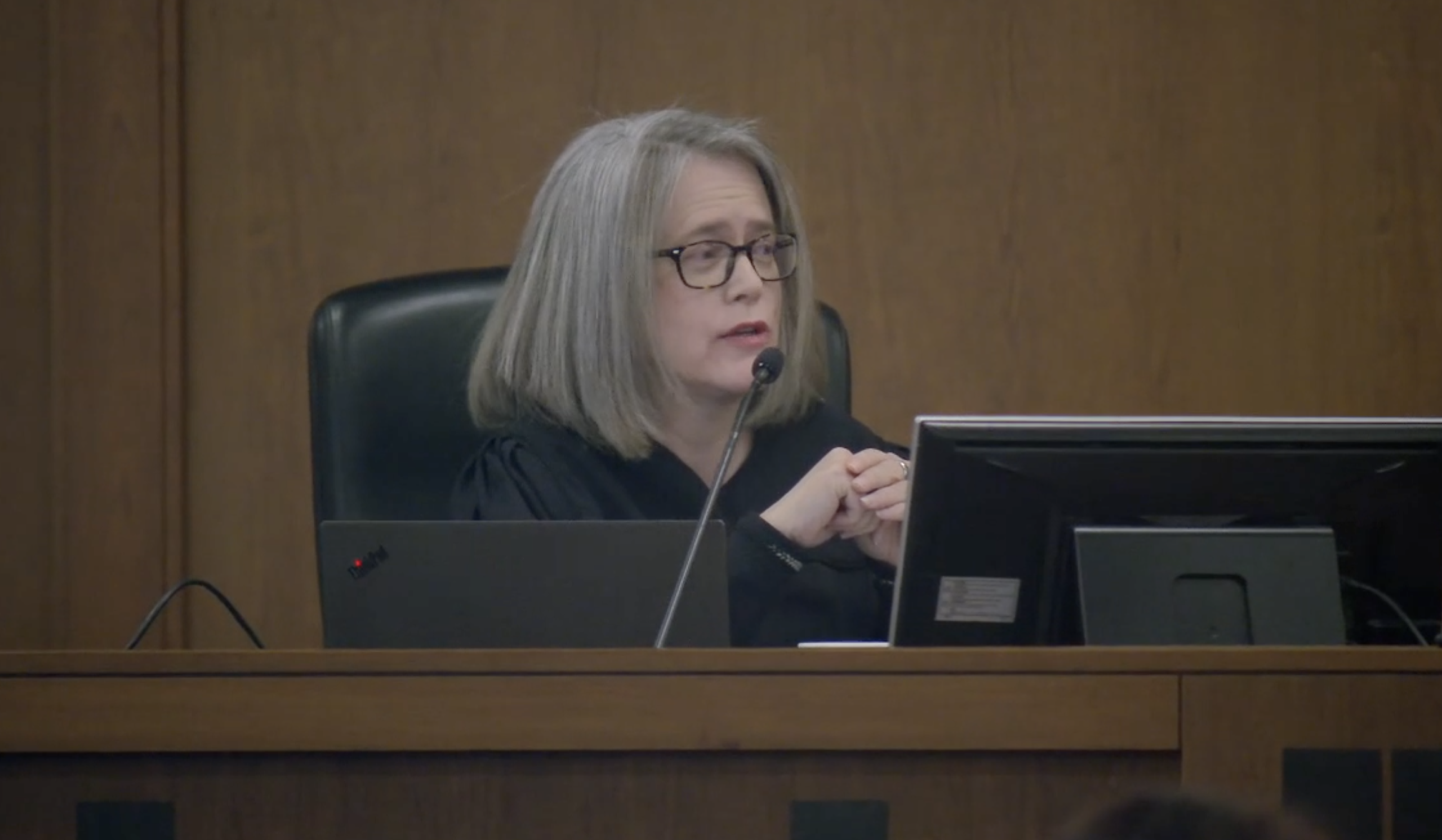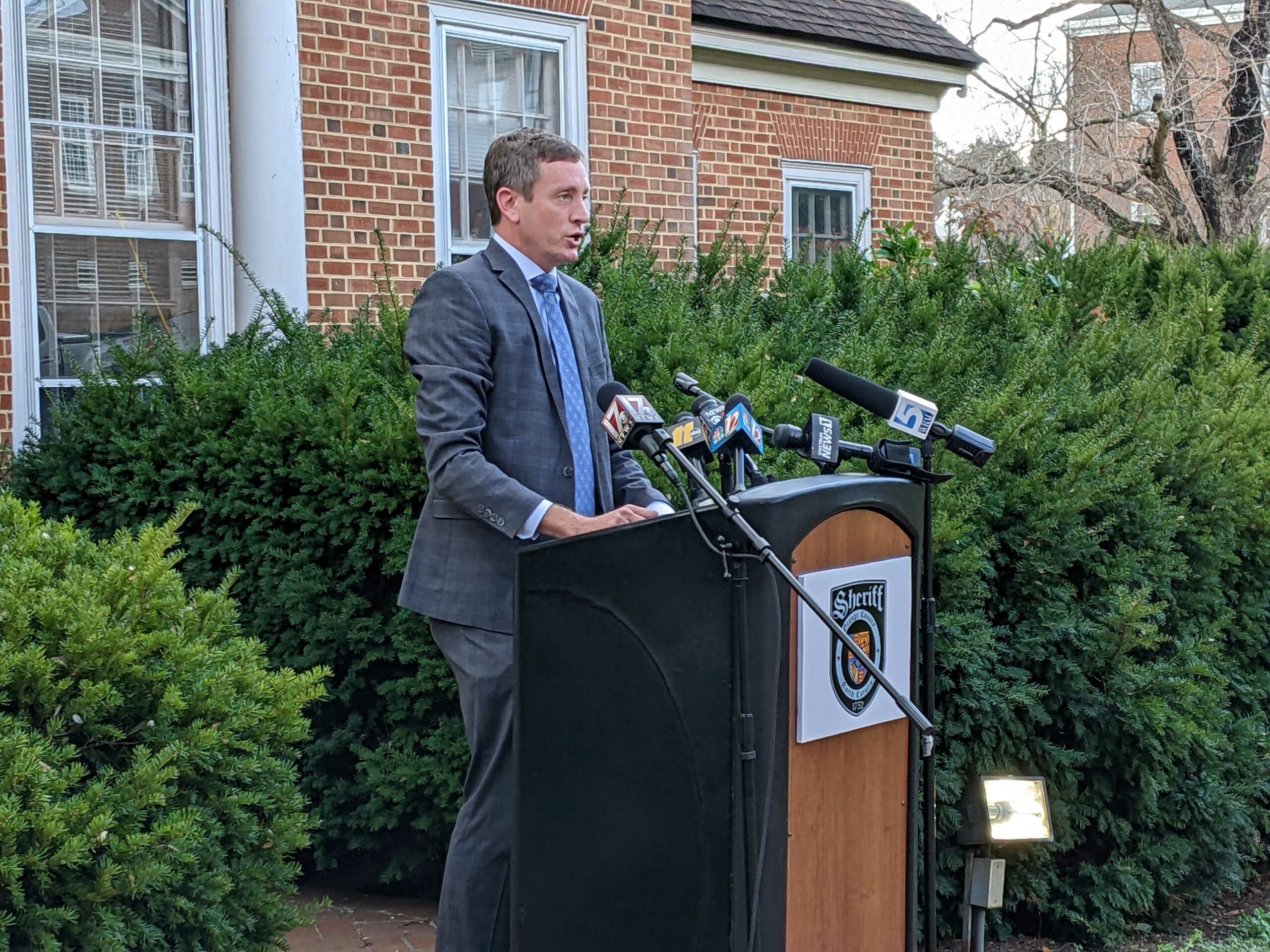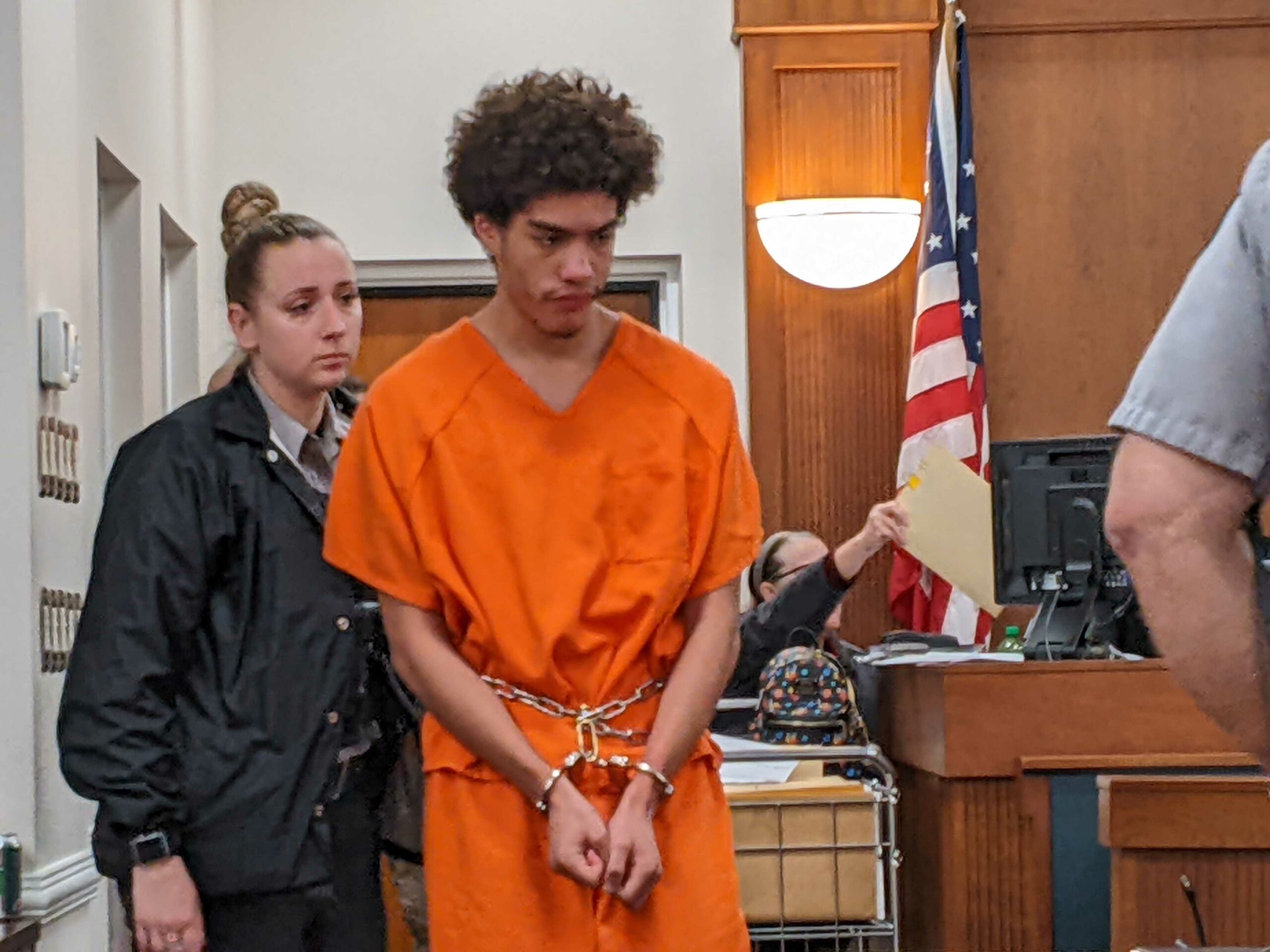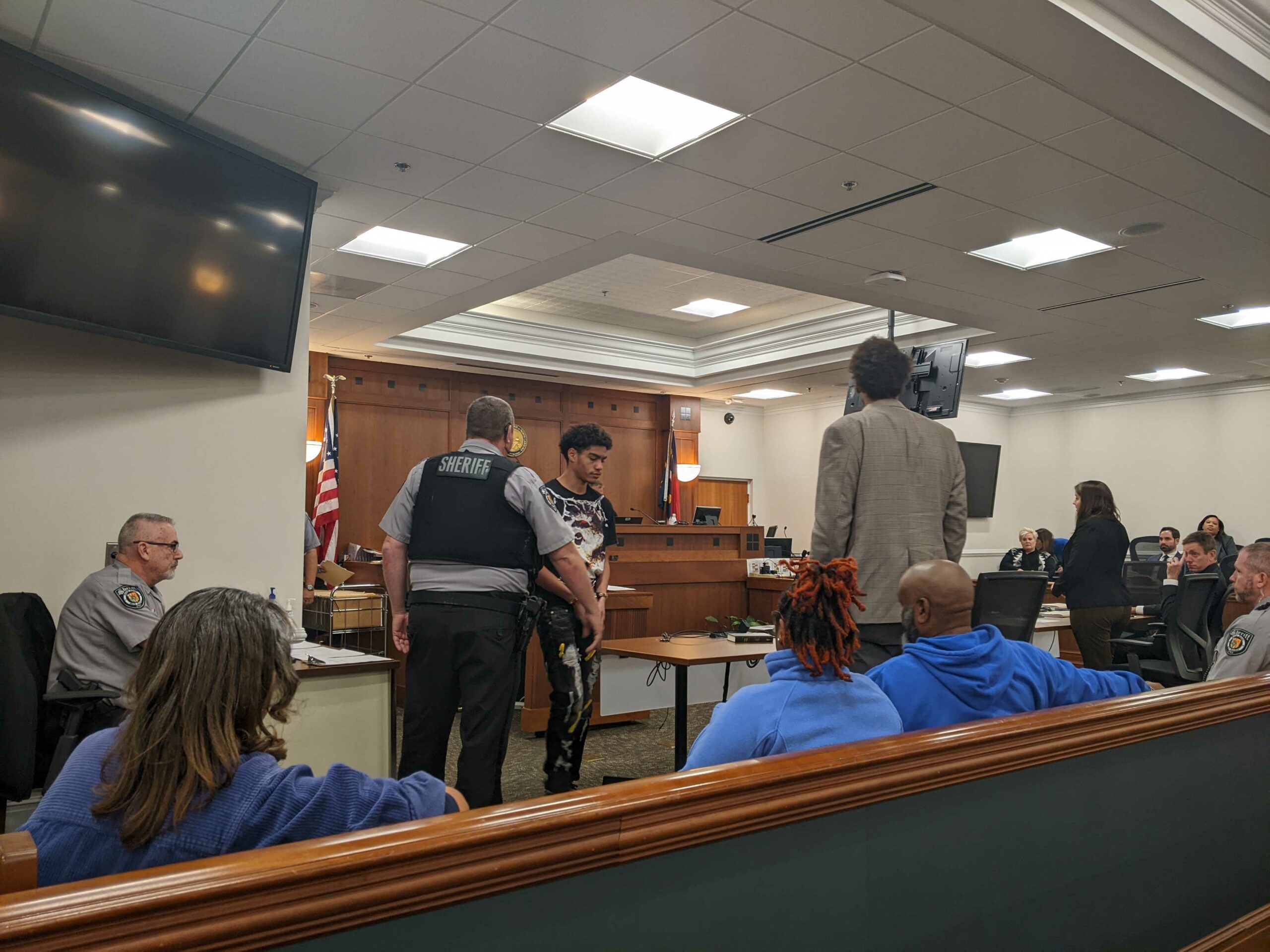After evaluations, court officials declared Tailei Qi — the suspect in the fatal shooting of a UNC faculty member in August — mentally unfit to proceed in his trial.
During an appearance in court on Monday, Orange County Superior Court Judge Alyson Grine ruled that Qi be committed to Central Regional Hospital in Butner, N.C., which will halt court proceedings regarding his first-degree murder charges in the death of Zijie Yan.
The decision comes after two mental health evaluations of Qi were completed — the latest of which was at Central Regional Hospital. In court on Monday, Orange County officials reported the evaluations determined Qi suffered from untreated schizophrenia and demonstrated behaviors of delusional thinking, hallucinations and self-harm, according to the News & Observer. With that, Grine’s ruling will allow Qi to receive treatment with the goal of building his mental state back to where he can stand on trial for the charges.
“It’s especially important for [ to understand: this is not a finding that he’s not guilty by reason of insanity or a finding that he’s not going to go to trial, period,” says Orange County District Attorney Jeff Nieman. “Basically, when and if the mental health professionals at Central Regional have come to a medical conclusion that [Qi] is capable of proceeding,” he says, “they will notify [my office], the clerk, and the defense of this.”
Qi was arrested on August 28 after UNC Police responded to a shots-fired call in Caudill Laboratories, where Qi worked as a graduate student in the Applied Physical Sciences department under Yan. Upon arrival, police found Yan dead with gunshot wounds. The 911 caller identified Qi — who fled UNC campus and was ultimately arrested by authorities in a residential neighborhood two miles north of the crime scene.
Qi’s first court appearance reflected some of his unwillingness to work with public defenders assigned to him in the case, which was listed as another element of being declared mentally unfit to proceed. In September, Qi addressed the court directly by asking for different representation and criticizing the initial mental health evaluation completed. It was at that appearance where the Orange County District Attorney’s Office motioned to have a second opinion conducted and Superior Court Judge Allen Baddour approved the evaluation be done by Central Regional Hospital.
While federal investigators and the Orange County district attorney’s office are building their case against Qi, Nieman says one thing must be proven: intent.
“All crime requires some degree of intent,” he says. “If someone is ‘legally insane,’ which is the term that’s often used, then a judge or jury could find that they weren’t capable of forming the requisite mental intent to commit the crime. Even if they physically did it, they didn’t mentally have the capacity to commit the crime.”
After suspects receive such mental health treatment in commitment, they could eventually become mentally fit to return to the courtroom. It is also possible their defense may argue the person is “not guilty by reason of insanity,” which Nieman says must be determined by a judge or jury.
There are two other high-profile, UNC-related examples of these outcomes in homicide cases. Wendell Williamson, a UNC law student who killed two people while firing a semi-automatic gun on Henderson Street in 1995, was ultimately found not guilty by reason of insanity. He similarly was kept at Central Regional Hospital as of 2015 as a result of the shooting.
Meanwhile, a 2017 killing saw its suspect come back to court after rehabilitation. Ebony Olowu’s murder charges after killing her 5-year-old son in UNC’s Baity Hill apartments were dismissed by a judge close to three years later as a result of her mental evaluations. While she recovered enough to return to her trial, Olowu also remains in a mental health facility and will not be released unless a court order is approved.
Nieman is not seeking the death penalty in the murder trial, despite it being the most extreme punishment available if Qi is found guilty. He says Monday’s decision won’t affect his office’s approach – either now or whenever the next step takes place.
“I think we’ve just become used to the idea that there are various things that tend to be delays in the process – this is one of those,” Nieman says. “The ball is in the court of Central Regional: it’s their mandate and responsibility to do what they can to treat him as best as they can, to restore him to capacity. I trust in their ability to do that – if it is possible.”
Photo via AP Photo/Hannah Schoenbaum.
Editor’s Note: An earlier version of this story incorrectly said Wendell Williamson’s weapon was an automatic rifle. This has since been updated.
Chapelboro.com does not charge subscription fees, and you can directly support our efforts in local journalism here. Want more of what you see on Chapelboro? Let us bring free local news and community information to you by signing up for our biweekly newsletter.

